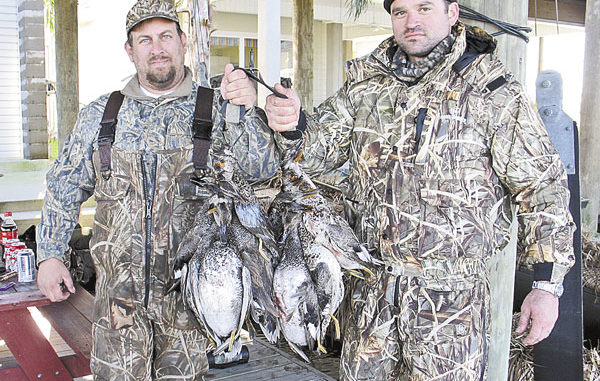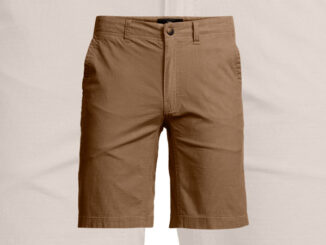
Duck season has come to an end. What will you do with your duck boat now?
Each year beginning in September right before teal season opens, my phone starts ringing off the hook with hunters who have simply parked their mud boats at the end of the duck season and forgotten about them. Teal season is about to open, they drag the boat out of storage and they just cannot figure out why their motor won’t start.
Mud motors are just like outboard motors. If you do not use them for several months, there are all kinds of problems that can develop.
Fuel evaporates from the carburetor. Varnish and gum clog up the jets or possibly cause the fuel float to stick and the carburetor floods. Fuel in the gas tank becomes stale, and the octane level drops to a dangerous level. Ethanol fuel absorbs water from the air and deposits that water in the bottom of the gas tank. Valves stick so that engines cannot develop full compression. Humidity can attack moving parts such as throttle linkage, governor controls and steering swivel housings.
All of these can render your motor inoperable.
There are two possible cures. We could prepare our mud boats for storage similarly to the way our northern neighbors winterize their boats. Before laying up your boat, make sure that everything is properly lubricated. Grease the propeller shaft, tilt tube and steering tube. Use a lightweight spray lubricant to preserve all of the throttle linkage and governor controls. Spray the engine down with a metal protector to prevent corrosion.
Check the engine dip stick to ensure that the engine oil is clean and the crank case is full. If your engine oil is dirty, now would be a good time to change that oil and filter. Crank up your engine and let it run for several minutes; this will circulate lubricating oil throughout the interior moving parts of the block, and leave a protective coating on those parts.
Check with your local outboard dealer, and purchase a can of fogging oil. Remove the engine air filter, and restart the engine. While it is running, spray the fogging oil into the carburetor per the instructions on the can. The fogging oil will lubricate the pistons, valves and rings, and protect them from humidity in the air while the engine is not being used.
Once you have completed running the engine, you should drain the fuel system. Most mud boats have small portable fuel tanks so it is easy to remove the tank from the boat and empty that gas into containers to be used in the lawnmower, edger and trimmer.
Drain the fuel line from the tank to the motor. Then remove the carburetor, and drain the gas from it. Also remove and drain any fuel filters. If you thoroughly drain everything, you will eliminate the possibility of gas evaporating and leaving gum or varnish deposits to clog the system.
Once you have completed the engine, disconnect the battery. Make sure you label the battery cables before you disconnect them so that you will be able to reinstall them properly at the end of the summer. If your boat is equipped with a hunting blind, it would be a good idea to remove the blind and put it up for storage in a dry location to prevent deterioration by the weather.
If possible store your boat in a garage or other storage facility that will offer protection from the wind, rain and sun, but if you must store the rig outside, invest in a good storage cover for your engine.
There is an alternative to all this work. It is simply to keep using your boat all year long. I have many customers who have discovered that these mud boats can be extremely versatile.
Converting a duck hunting boat into a fishing boat is relatively easy. Start by removing your duck blind. If your boat doesn’t already have one, a mounting plate for an electric troll motor can be added to the bow of the boat. With the trolling motor installed up front and the mud motor on the rear, this boat becomes a great rig to chase redfish in those same shallow ponds that you were hunting in just last month.
Add an ice chest or two and a small portable livewell, and you have a speckled-trout rig. I have some customers who have taken this versatility thing to the extreme, and they not only duck hunt and fish, but they also trap nutria, hunt alligators, catch crabs and go frog hunting. I have even seen one boat owner who actually adapted his mud boat to pull his buddies on a kneeboard during the hot summer months.
By finding alternative uses for their mud boats, many boaters have avoided the problems that occur from being laid up for extended periods of time. They are rewarded with more hours of fun on the water and fewer dollars being spent on repairs at the beginning of the next duck season.
Have a happy and safe boating year in 2010, and if you have any questions about your boat, motor or trailer, you can e-mail me at theboatdr@yahoo.com.


